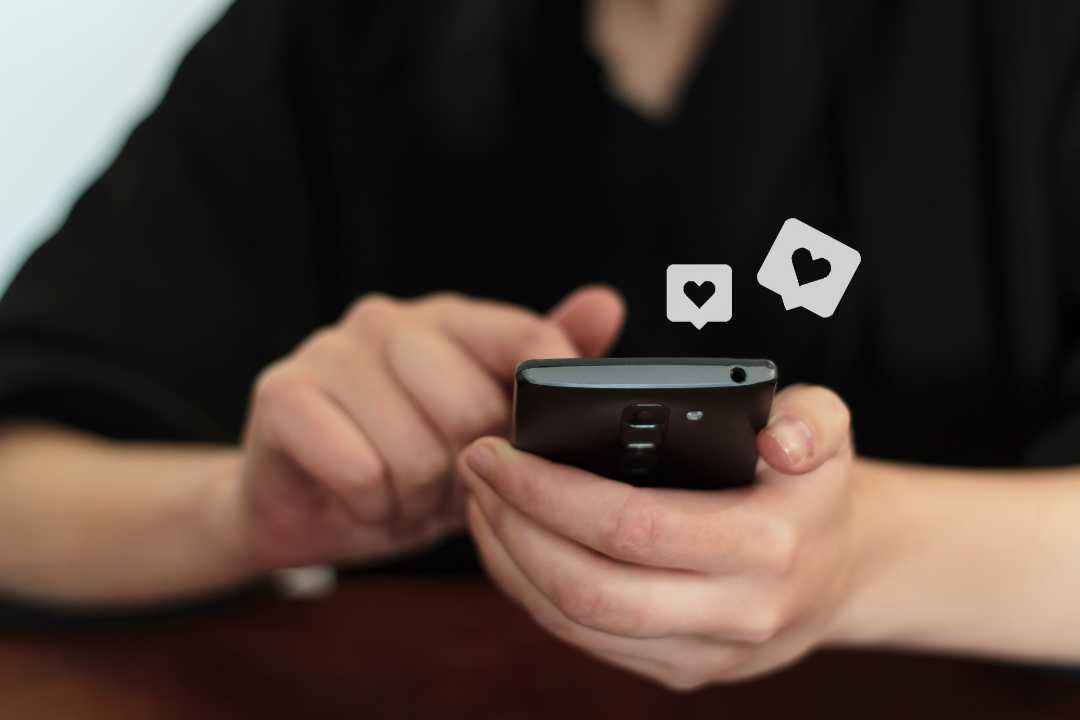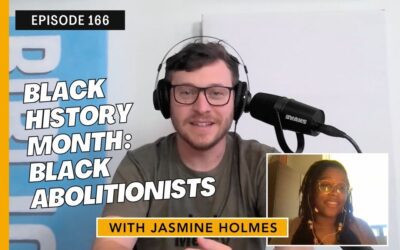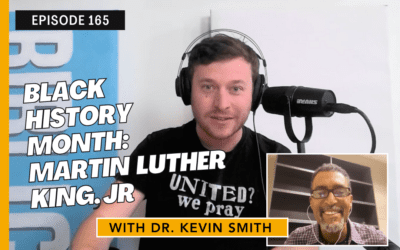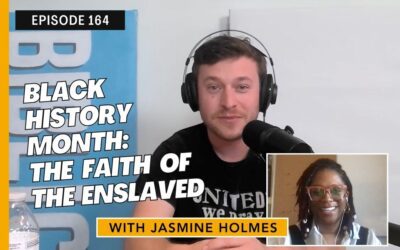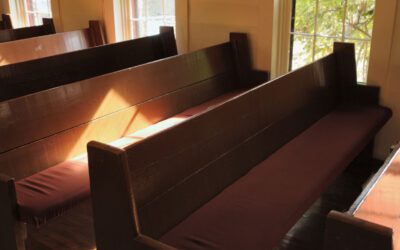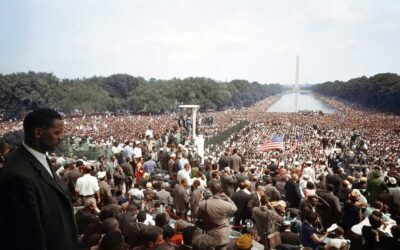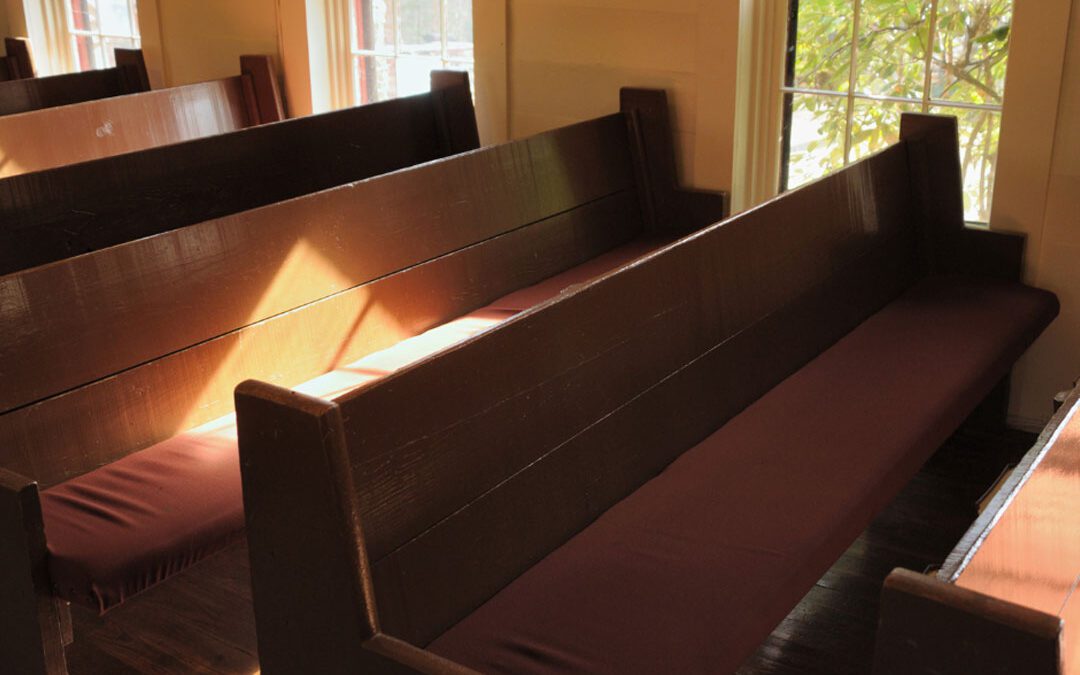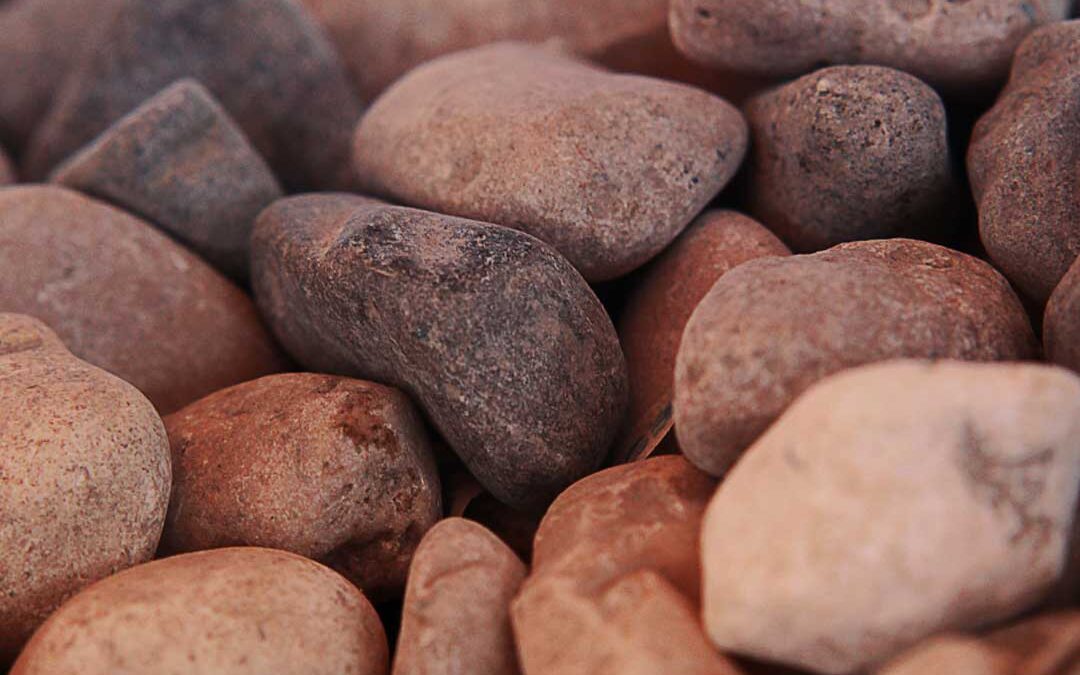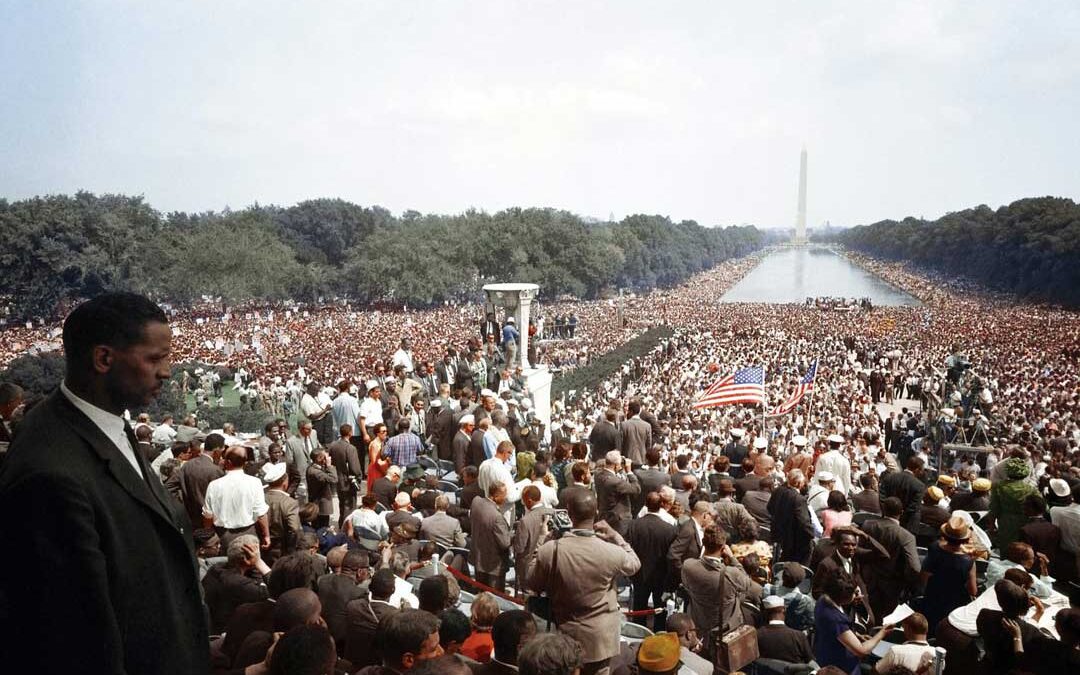“I’m not attracted to Asian guys.”
It’s a simple phrase, seemingly innocent enough, but many Asian Americans have heard it or have had similar sentiments expressed towards them. And they certainly can resonate with the stinging pain that such sentiments bring about.
But why? Doesn’t everyone have physical preferences when it comes to who they are and aren’t attracted to? There are definitely women out there who don’t find white guys attractive, and I don’t hear a whole lot of white dudes complaining about it. So what makes Asian (and other minority) men so special when it comes to this?
The answer is something Austin and Isaac have covered several times: historical asymmetry (1).
In the 19th and 20th centuries and in a deliberate effort to stoke anti-Asian sentiment in American society, the American media propagated a view that Asian men are unattractive, effeminate, undesirable, and without romantic capabilities. This was deliberately done to demonize Asian Americans and convince American society that Asian Americans could not assimilate and would never be truly American. While there is no continued, sustained effort to demonize and negatively portray Asian men anymore, it still remains true that many stereotypes that portray Asian men in emasculated and unattractive ways still persist. This, combined with the fact that there is still comparatively low positive representation of Asian American men in American media, means that the overwhelming portrayal and perception of Asian men in society is that we are not attractive or desirable like men of other races. There is no history in America of portraying white men as unattractive, and the vast majority of handsome male heroes represented in American media today are still white. Because of this overwhelming asymmetry, both historically and presently, the phrase, “I’m not into Asian people” is likely to hurt far more for Asian men than, “I’m not into white people” is going to hurt for white men.
Statistically speaking, this reality is proven, as study after study on dating apps (which tend to be the places where physical appearance matter more than anything else) show that, while controlling for other relevant factors, Asian men do far worse and are at far more of a disadvantage in the dating market relative to men of other races.
Personally, this reality dealt a huge blow to my self esteem. I have experienced the pain of hearing “I’m not attracted to Asian guys” and have at times hated being Asian so much that I would ask God why he made me Asian. Asians in America are already conscious of the fact that we’re the minority, and between all the crude jokes about what animals we eat, our food looking weird, our eyes being small, and all the constant reminders that we’re considered perpetual foreigners.
Being categorically opposed to dating someone of a certain ethnicity may not be racist like yelling the c-word towards an Asian person or the n-word towards a black person would be, but I would suggest that it’s still not the best place to be. As Miles McPherson says in his book on racial unity, The Third Option, we shouldn’t simply avoid being sinfully racist—which is a very low bar to set, especially as Christians—we should actively seek to intentionally love and see the beauty of our ethnically diverse brothers and sisters, as they’re made in the image of God and meant to dwell together in unity as per the New Testament in Galatians and Ephesians. For the longest time I thought the remedy to my issues here was “colorblindness.” By definition, “colorblindness” means you don’t have any preference or gravitation based on race whatsoever in any way, shape, or form.
A better way forward is a color-consciousness that deliberately and intentionally sees the beauty in God’s intentionally diverse creation. God was intentional when He created me Asian; He was intentional when he created Austin white and Isaac black. He didn’t build diversity into creation so it could be ignored by everyone. He created it so we could marvel at God’s creative hand in making all of us these different colors/ethnicities and giving us all of our respective cultures! If we consistently apply the advice on racial unity and how to view race and racial reconciliation that this ministry and all these authors promote, then that would mean encouraging people to intentionally see the beautiful, creative hand of God in my Asian-ness, it would mean that rather than ignoring my Asian racial/ethnic identity and being ostensibly “colorblind” to it, you should intentionally see the beauty in my Asian-ness and in Asian people in general.
Asian Americans have a lot of struggles in American society, we’re often desperate to be heard, to be seen, to be valued, to be considered as worthy, and all of that is because we’re often desperate to be seen as fully American in ways that we still aren’t. Our churches should be the place—through the Spirit and power of the Lord—where Asian Americans feel the most welcome in American society. So in the name of the oneness in Christ we’re supposed to exemplify (Galatians 3:28), we should be aware of and considerate of any cultural struggles and issues Asian Americans face in America because they’re Asian. Let’s seek to uplift them and remedy any harmful realities Asians have to face in America in the name of loving our ethnically diverse neighbors as ourselves. Let’s confront the racist jokes and negative stereotypes instead of tolerating them. Let’s build out a positive ethic for loving all our neighbors and let that redeemed, multi-ethnic culture inform how we see each other, more than the cheap caricatures of popular culture.
(1) Isaac’s article on historical asymmetry, Austin’s article about varied experiences, podcast episode on how this all plays out in race conversations.
Prayer Requests:
- Pray that we would seek to know our neighbors who are ethnically different from ourselves.
- Pray that instead of setting the bar at simply not being racist, we would strive toward celebrating God’s design in ethnic diversity.
- Pray that we would be empathetic to the hurt our ethnically different neighbors experience because of their ethnicity.

